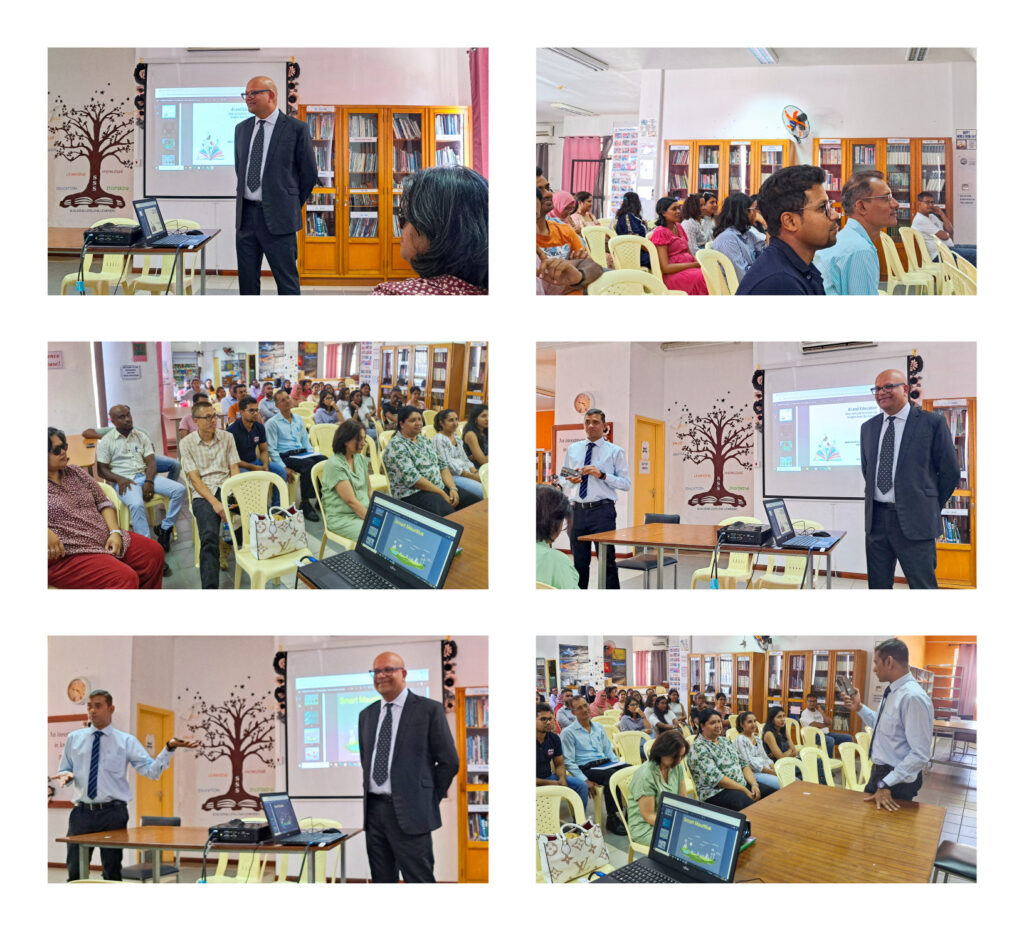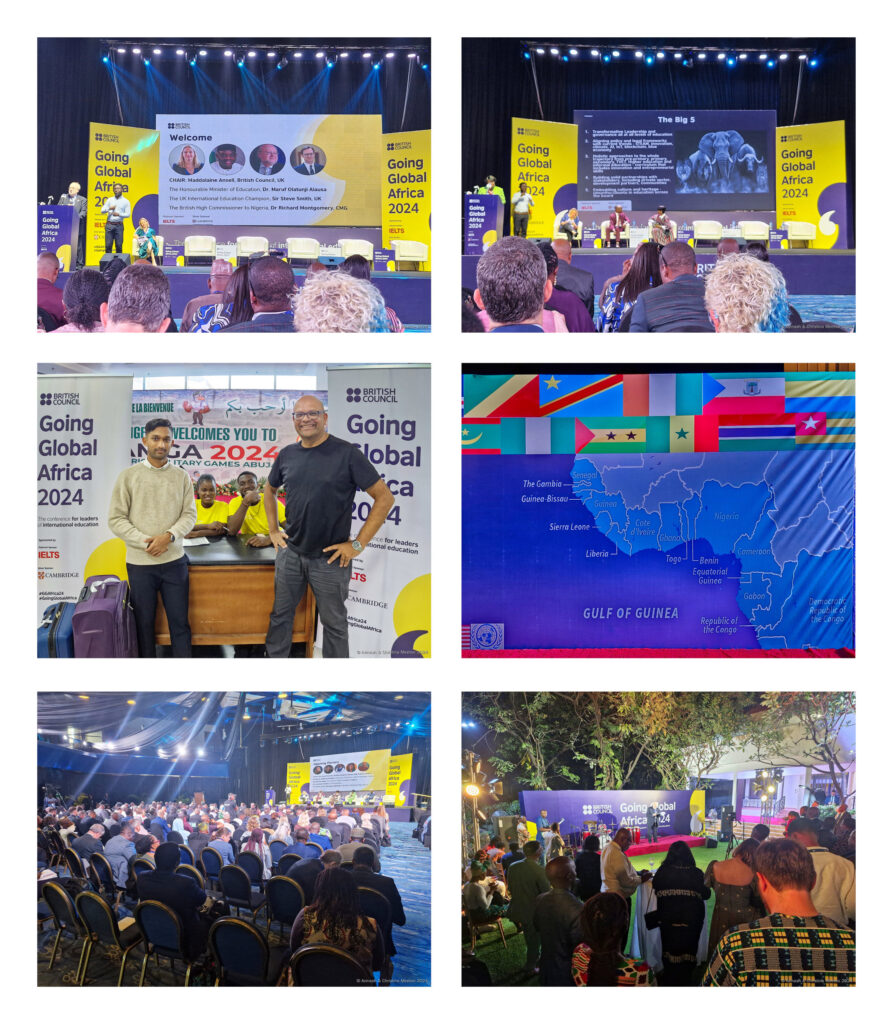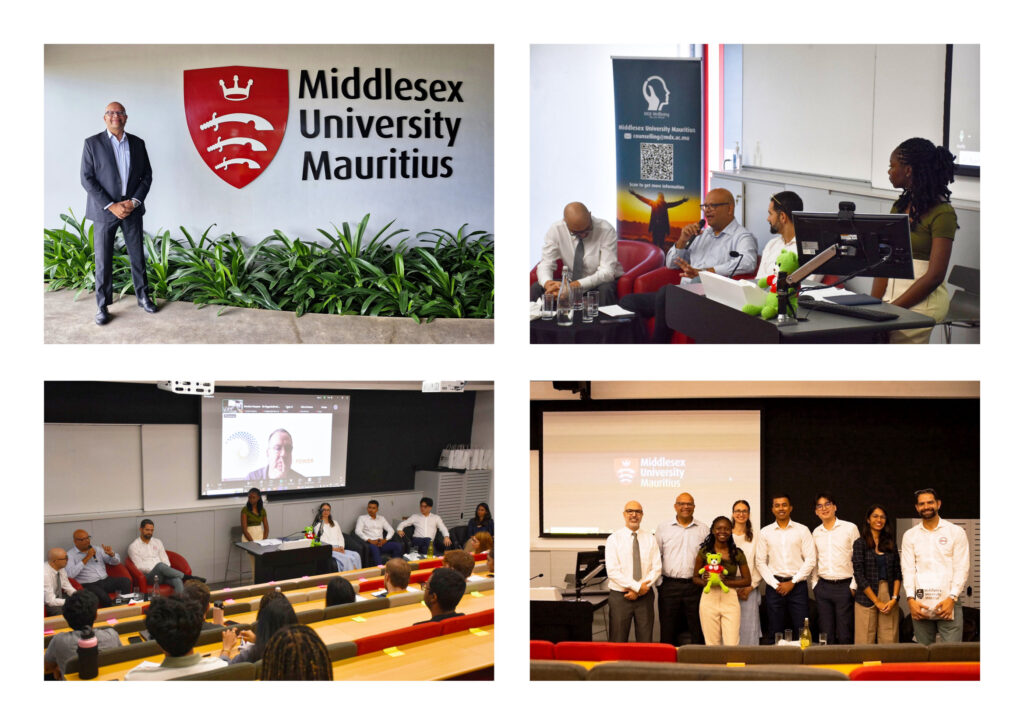
On Monday 2 December 2024, I had the privilege of being invited by the PTA and management of the Abdul Hamid Golam Mohamed Issac State Secondary School to share my thoughts on the topic of “Artificial Intelligence in the Education Sector.” Formerly known as Port Louis SSS and Colline Monneron SSS, this school is located in Port Louis.
During my presentation, I highlighted strategies to achieve a smarter Mauritius by leveraging enablers such as innovation and technology. I discussed the transformative potential of key technologies, including the Internet of Things, Blockchain, Big Data Analytics and Artificial Intelligence, on our journey toward the Digital Transformation of Mauritius.
My talk focused on the practical applications of AI in Mauritius. Examples included using AI and robotics to support our aging population, automating tasks across sectors, and developing powerful AI assistants to assist teachers and students. I also underscored the critical need for education and training to equip the next generation with core skills such as leadership, communication, collaboration and time management. I also emphasised how creativity, innovation, critical thinking, problem-solving and having an artistic sense can be pivotal attributes for students in a rapidly evolving world.
I extend my gratitude to the PTA and management of Abdul Hamid Golam Mohamed Issac State Secondary School for this opportunity to have an interactive session with educators. A special thanks to Mrs Bundhoo, the Rector, Mr Ramdhan, the Deputy-Rector, and Mrs Shalinee Prema Gopee-Meetoo for connecting with me.


